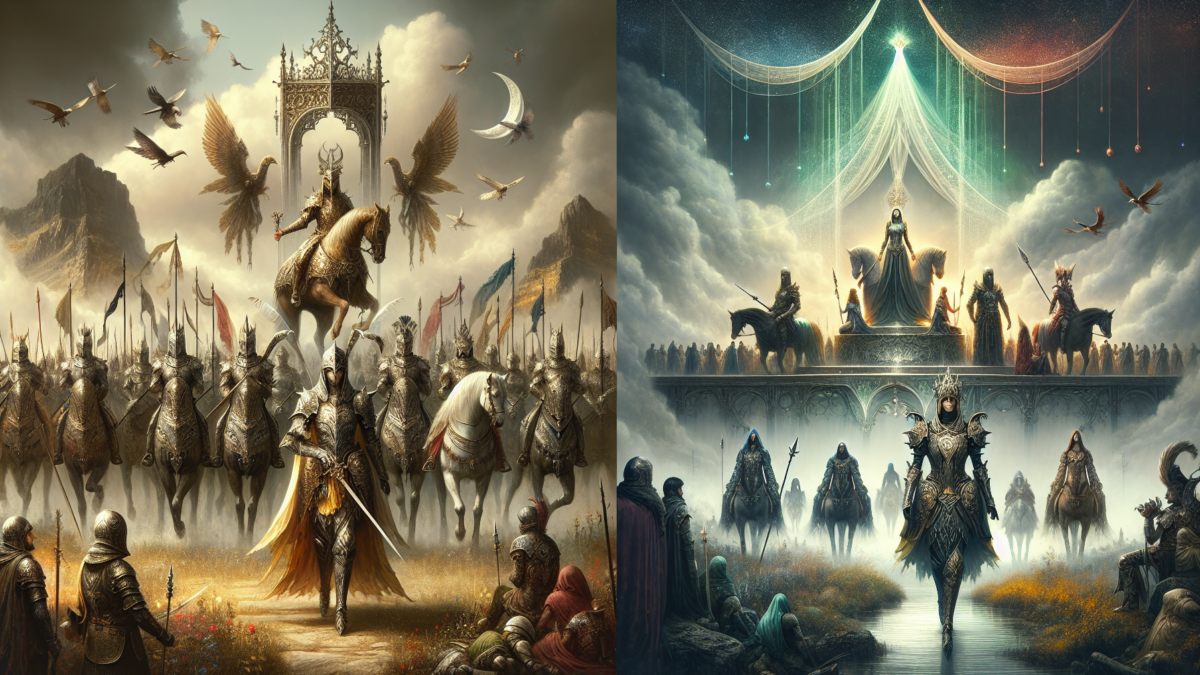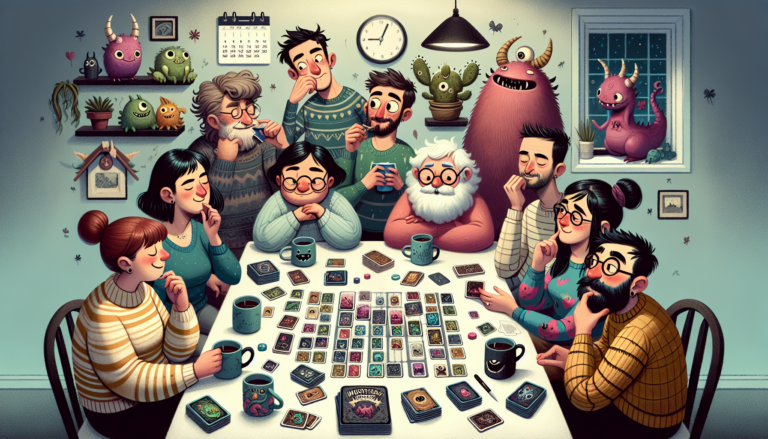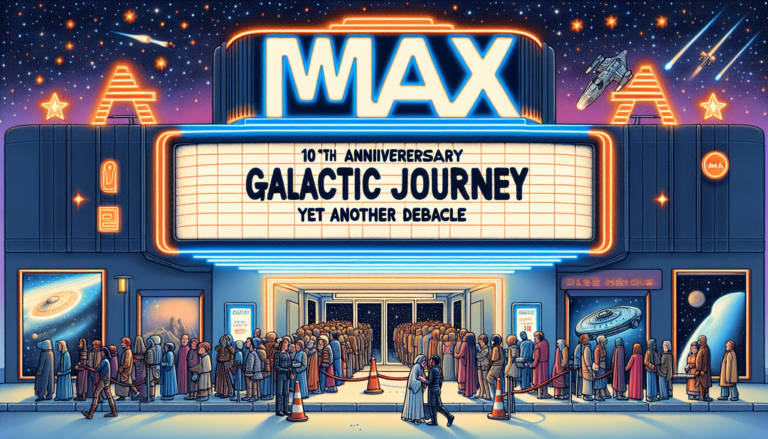Dragon Age: The Veilguard – What Makes It So Controversial?
**Dragon Age: The Veilguard** is stirring divisions among fans as it pivots from BioWare’s hallmark RPG elements, focusing instead on companions and personal narrative arcs.
While some players celebrate the deep character development, others voice disappointment over the perceived neglect of legacy choices from earlier games.
Keep reading to unravel what makes this sequel a topic of heated debate in the gaming community.
Key Takeaways
- Player disappointment stems from a **lack of impactful legacy choices** from previous games.
- The narrative centers on **companions and personal relationships**, not grand epic tales.
- Mixed reviews highlight **strong character development** but a deviation from core RPG elements.
Player Expectations and Disappointment
Many fans anticipated that their **past choices** from previous Dragon Age games would resonate in The Veilguard.
However, the game only acknowledges a handful of key decisions.
This limited recognition has left some feeling disconnected from the broader **Dragon Age legacy**.
Narrative Focus
BioWare has shifted towards a **personal narrative**, emphasizing the player’s companions.
Instead of grand, universe-altering decisions, the focus is on **character-driven stories**.
This approach offers an intimate experience but limits the scale some critics expect from BioWare.
Comparison to Other BioWare Games
Some players liken The Veilguard to **Mass Effect 2**, particularly in its spotlight on companions.
However, it lacks the overarching narrative impact typically associated with BioWare’s other titles.
While it excels in character depth, it veers away from the **broader storytelling** fans adore.
Critic and User Reviews
Critics are split.
Some laud the game for merging the best aspects of previous installments, while others see it as a **mediocre action adventure**.
Reviews highlight its narrative depths but often criticize it for diverging from **traditional RPG elements**.
Character and Story Depth
The complex characters, particularly the mysterious Solas, stand out.
Players and critics alike grapple with his motives, adding layers to the game’s story.
Solas embodies the **moral ambiguities** that BioWare is known for.
Overall Reception
On Metacritic, reviews are divisive.
Praised for **character development** but criticized for handling past choices, it has split the community.
The deviation from traditional RPG mechanics is a common thread among **negative reviews**.
FAQs
Why are players disappointed with the lack of past choices?
The game only acknowledges a select few decisions from earlier games, leaving players feeling disconnected from their previous adventures.
How does The Veilguard differ from other BioWare games?
Unlike the broader scopes typical of BioWare, this game focuses more on companions and *personal stories*, offering a different narrative approach.
What is the reception on Metacritic?
The reception is mixed, with some appreciating the character-driven narrative and others disappointed by the divergence from traditional RPG elements.





